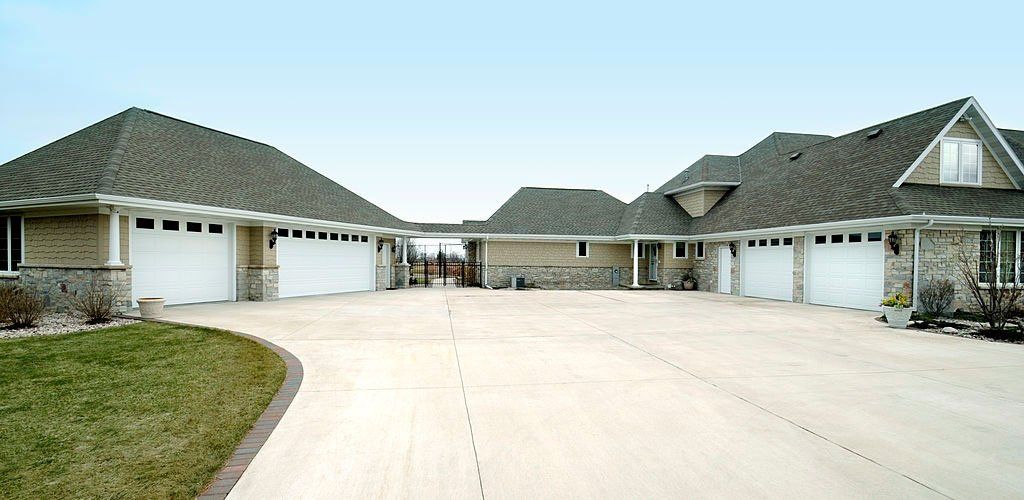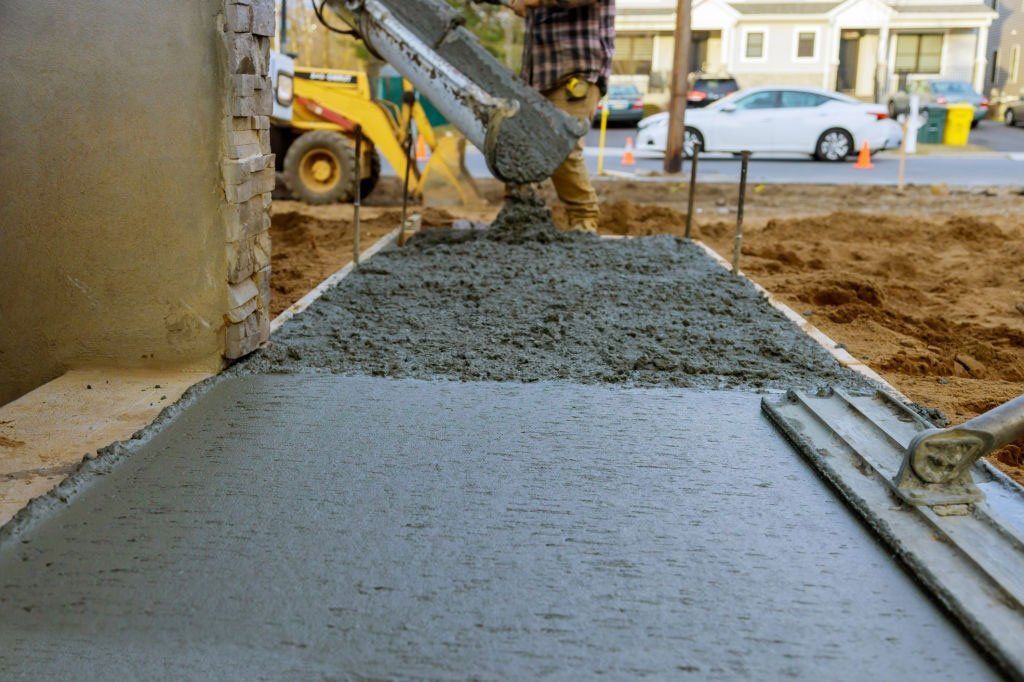How to Find a Qualified Concrete Contractor
When hiring a concrete contractor, consider the type of work you're planning. Concrete contractors should be able to handle commercial projects and have the knowledge to obtain permits. You should find a contractor who knows how to acquire licenses from the local government, which may cost extra but protects your business from being overcharged. In addition, a qualified contractor should be able to offer design assistance so that you can choose the best concrete for your needs.
In addition to experience, the contractor you hire should offer guarantees and warranties for their work. While it may be tempting to pay the lowest price, cheap can mean subpar work. The best way to ensure your concrete project is flawless is to select a contractor who provides guarantees and warranties on their work. Look for companies that offer a 24 to 48-month artistry guarantee. This should be a red flag if a contractor asks for payment in total upfront.
Ask friends and family for recommendations. These people can often provide excellent references and valuable suggestions for a concrete contractor. However, it's best to look for reviews online. Read these reviews to see how satisfied past customers are with their work. If the reviews aren't positive, move on to the following contractor. Conversely, positive thoughts can make you feel more comfortable with a contractor.
Finding a qualified concrete contractor requires more than a phone call or an Internet search. The contractor should have the experience and skills necessary to complete your project on time. It's essential to find a provider who will not compromise quality for cost. You should be able to trust their quality of raw materials. When you've selected a concrete contractor, check the references before hiring them.
Before hiring a concrete contractor, do your research and ask friends and family for referrals. You can also browse online reviews to see what others say about their experience with a concrete contractor. While you won't be able to read every single thought, a list of contractors will help you narrow down your choices and find the right one. A cheap contractor may not necessarily provide quality work, so ask friends and family for recommendations of contractors they've used before.
While concrete contractors have different skills and experiences, they have the necessary knowledge and equipment to deliver a high-quality project. They know how to use various materials to make a good foundation and finish the job quickly. They also know how to deal with the many regulations and building codes, which means the project will go smoothly. In addition, an experienced concrete contractor will be familiar with building codes, which eliminates delays and rework. Besides, laying concrete requires specialized equipment and the expertise to do it properly.
Aside from getting the right experience, you need to ensure the contractor is licensed and insured. After all, a contractor can be sued for damages that they cause. You must find a trustworthy company to complete the work. Also, a good concrete contractor will have adequate insurance to protect you and your property. You won't want to face unexpected expenses if the work doesn't turn out well.
You might also like
Blog


Book a Service Today
We will get back to you as soon as possible
Please try again later
Copyright Concrete Guys Hampton | Proudly Powered by Snapps


